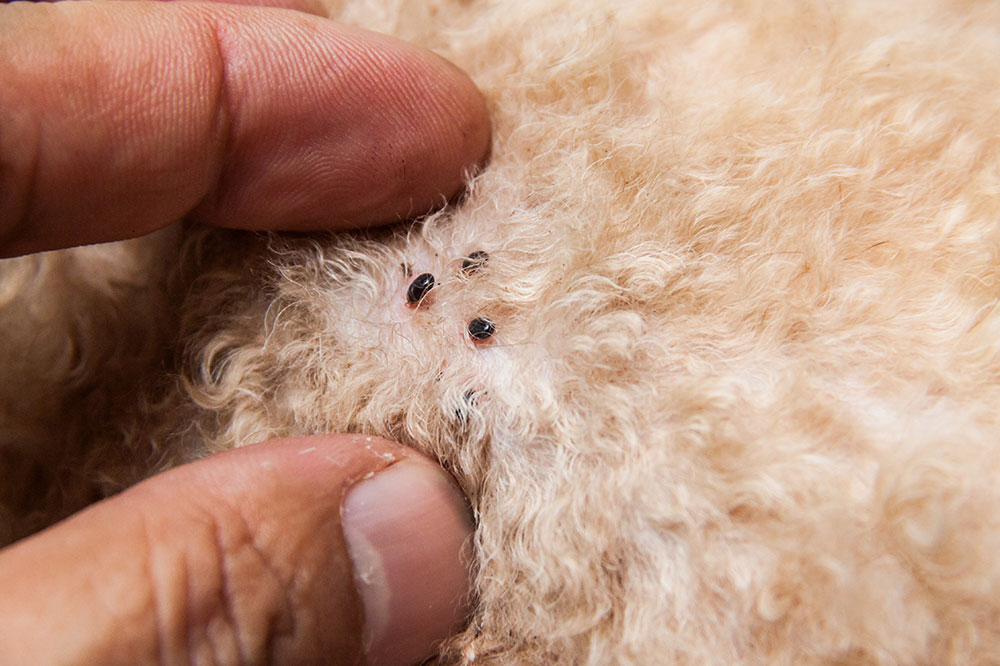Effective Strategies to Eliminate Fleas from Your Cat
Discover effective methods to rid your cat of fleas, including grooming tips, natural repellents, and environmental cleaning. Learn how flea infestations can affect feline health and how to prevent them, ensuring your pet remains happy and healthy. This guide provides practical solutions suitable for all cat owners concerned about flea control.
Sponsored
Dealing with fleas on your feline friend? Here's how to effectively eliminate them
Owning a pet cat is rewarding, providing plenty of entertaining stories for friends and family. Cat lovers often value their independence, enjoying the fact that cats remain content even when left alone during work hours.
However, like all pets, cats are susceptible to various health issues. Their thick fur can host fleas and ticks, resulting in discomfort for the animal and inconvenience for owners. New cat owners should stay informed about common feline diseases and the importance of controlling flea infestations. Keep reading for valuable tips.
Common health problems in cats
Cats face numerous health challenges similar to humans, including:
Rabies
Heartworm
Vomiting
Tick and flea infestations
Kidney disease
Hookworm
Gingivitis
Ringworm
Toxoplasmosis
Among these, flea infestations are especially prevalent and troublesome for both cats and their owners.
If neglected, fleas rapidly multiply and can pose health risks to humans as well.
Risks of flea infestations
Fleas thrive in warm, humid environments, such as your cat’s fur.
Flea bites cause itching, leading cats to scratch intensively, which may result in skin wounds.
Open wounds can attract maggots, especially if unnoticed under thick fur.
Fleas feed on blood, and large infestations may cause anemia in cats.
Effective treatment options for flea control in cats
It’s important to recognize that fleas affecting cats differ from those impacting dogs or humans. Various methods can help keep your feline free from fleas:
The flea comb is a simple yet effective tool—regular combing helps remove fleas and eggs from your cat's fur.
Diluted apple cider vinegar can act as a natural repellent—spray lightly on your cat's coat to deter fleas without harming your pet.
Thorough cleaning of your surroundings, including vacuuming carpets and curtains, helps eliminate flea larvae and prevent re-infestation.
Regular bathing with appropriate pet shampoo can remove fleas and soothe your cat's skin.
Next time your cat scratches excessively, consider giving it a warm bath and checking for fleas to ensure your pet stays healthy and comfortable.






